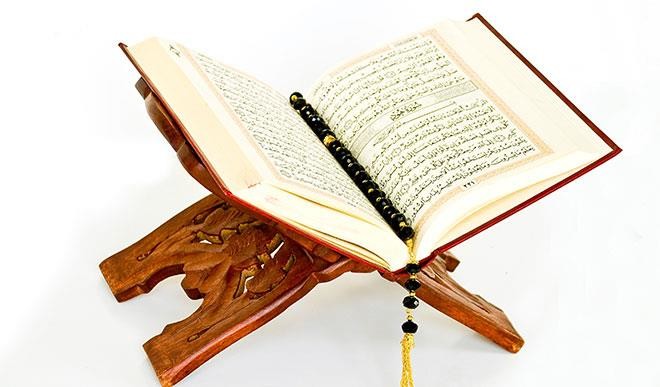Forgiveness and justice: Meditation on some Hadith
In the late twentieth century the classical Sunni view came under fire from radical reformers. Khomeini, departing from Sunni and Shi’i tradition, advanced a theory of governance by the religious scholar (vilayet-e faqih), while in the Sunni world individuals frustrated by the religious establishment’s reluctance to challenge abuses by post-colonial regimes repudiated the old quietism, […]


In the late twentieth century the classical Sunni view came under fire from radical reformers. Khomeini, departing from Sunni and Shi’i tradition, advanced a theory of governance by the religious scholar (vilayet-e faqih), while in the Sunni world individuals frustrated by the religious establishment’s reluctance to challenge abuses by post-colonial regimes repudiated the old quietism, and advocated militant struggle against governments which, they held, were answerable to Western powers rather than to the values of their own subjects, and were hence unworthy of Muslim allegiance.
Typically, and ironically, it seems that this sea-change in Muslim political thought is the result of Western influence.
(6) God’s Messenger, upon him be peace, then made the rounds of the House, and prayed two rak‘as of prayer. Then he went to the Ka‘ba, and, holding its door-jamb, said: ‘What do you think I will do?’ They replied: ‘The son of a brother, and the nephew of a mild and merciful man!’ [This exchange was repeated three times.] Then God’s Messenger, upon him be peace, said: ‘I declare, as did Joseph: ‘There is no blame upon you this day. God shall forgive you; and He is the most merciful of the merciful.’ (Qur’an 12:92) And they left the mosque as though they had been raised from their graves.’
The tension between justice and forgiveness is given an iconic representation by this account of the Blessed Prophet’s approach to the defeated Meccans, a moment which is the political culmination of his career. The Meccan elite had sought to assassinate him, and to eliminate his fledgling community in Medina. Now helplessly in his power, they must have expected annihilation, in accordance with the accepted Arab principles of vendetta. Instead, they are freed, and are not taken to task for their actions. Even Hind, wife of the Meccan leader Abu Sufyan, a woman who had paid for the assassination of the Prophet’s uncle Hamza and had then chewed on his liver on the battlefield of Uhud, was not punished. Instead, the Prophet chooses to quote Joseph’s words, spoken as he forgave his errant brothers who were finally in his power in Egypt.
